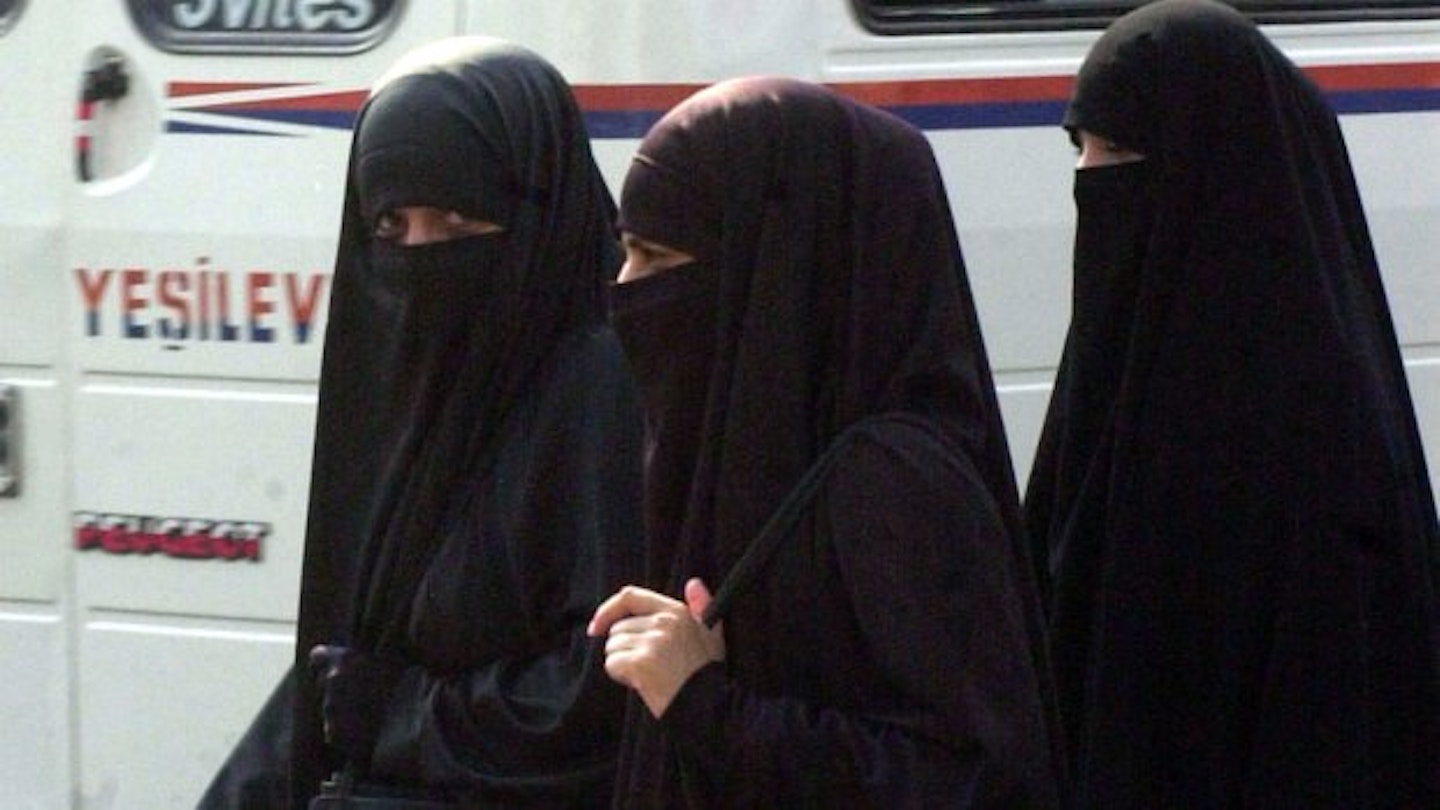For a long time, it’s felt like Islam and feminism have been uncomfortable bedfellows with many feminists viewing the hijab, niqab and burka as the ultimate symbols of patriarchal domination of women. But all of that could be about to change, because a new social enterprise has now launched to help connect Islam and feminism and encourage British Muslim women to engage in issues aroun gender equality.
In what’s a controversial subject area for both the Islamic and feminist communities, the linkup between Muslim social enterprise Maslaha and online project islamandfeminism.org is being seen as a pioneering step in encouraging British Muslim women to find their feminist voice.
Maslaha, a social enterprise set up by the Young Foundation to tackle social issues affecting the Muslim community, said the new programme has already attracted a massive response in the last couple of days. Latifia Aka, a spokesperson for Maslaha said :
‘An awful lot of Muslim women have felt excluded from the debate about women's rights and this project really focuses on bringing ordinary women into a debate about Islamic feminism that has so far only really been heard in academic circles.
'[islamandfeminism.org] is really taking off. Islamic feminism is not a new thing, which will probably surprise most people, but Muslim women have the same core concerns as white, secular, British women: the workplace, discrimination, childcare.
‘And also they have different layers of struggles and different layers of oppression, just as a black lesbian will have different struggles to white disabled women, and none of them should be excluded just because they are diverse.
‘There has been a dire lack of spaces for women within Islam to have these kinds of conversations and they have felt very much that their religious beliefs exclude them because religion is seen as patriarchal.
‘The internet will help Muslim women find each other, just as it has for young secular women in Britain, and start a real conversation.’
Exciting stuff! We're looking forward to seeing how the project develops.
Follow Sophie on Twitter @sophiecullinane
This article originally appeared on The Debrief.
